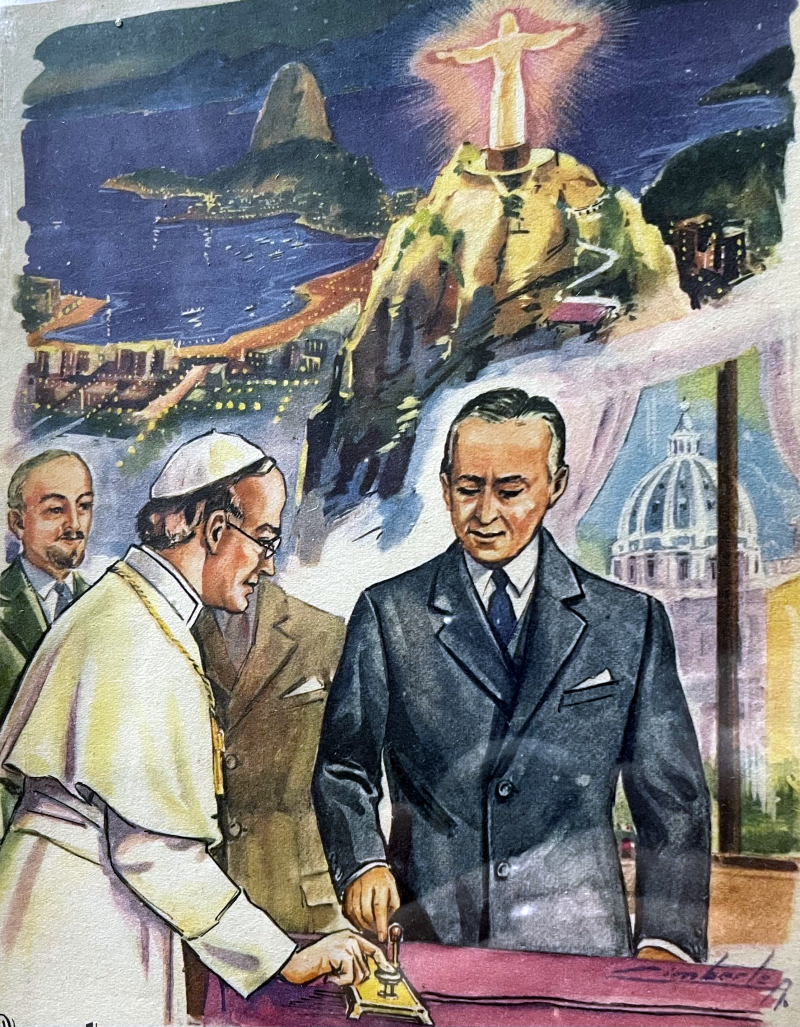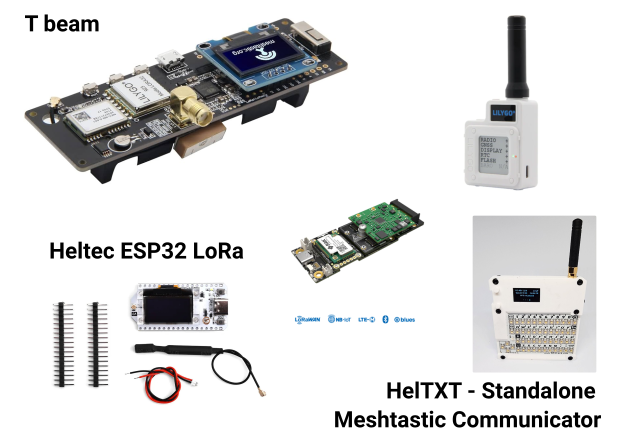
2024 Festival Talk Notes
by Davide GombaCiao. Random notes, this page may change quickly.
This Lutopia Meshtastic 101 experience is indeed a Workshop I’m gonna host this year and (hopefully) a Talk.
This is an addendum to the activities held during Lutopia workshops around, namely in Festivals and TAZs. As I write this ongoing description I have three Festivals in mind (basically because I can't afford to attend more in an year :) )
- Ozora Festival (HU)
- Fusion Festival (DE)
- Universo Parallelo (BR)
I deeply thanks Bunnie himself, my dear friend Michelle Thorne and Bruce Sterling to help me reaching this notes, as well as my son Djibril, the very first person I shared this tame idea on Febraury the 20th, 2024. A thought to Eric Pan and Peter Pan for some confrontational chats.
Some talk notes. The Whys
I am experiencing a Catabasis.
I am envisioning a Palingenesis.
Here I am dispersing in a moment all the peace and resilience I had managed to feel with this little jekyllous lutòpia site on github pages, shaped in a sunny and sleepy post-Ozoran Lisbon last August '23. Estrella. All uphill. Beers and love (now lost 💔).
When I look back at the photos of these years of Lutopia, I think the ultimate goal of this course was to explain to people how to shape and domesticate technology to their liking.
This has been - give or take - what I also did (badly, and possibly unsuccessfully) as an entrepreneur and teacher.
On February 20, I had a kind of Epiphany, bringing together many considerations and realities that I have interfaced with in these last years of my life.
Progress and the digital citizen
On the one hand, we have a world that is not ready to adopt new technologies promoted by Californian/Washington state companies chased frantically by Congress or the European Commission.
Although perhaps not in the same way, these states are extremely comfortable with having a digital citizenry. In many ways it suits the citizen, too, probably.
Laws about what we can and cannot do. On what our privacy and our rights are enshrined in the GDPR in Europe, and other EULAs, but we have repeatedly seen how weak these laws and rules are. Plus, everything is growing -expanding- , and again the laws are struggling to keep up with progress.
On the other hand we happen to (digitally) live more and more in a Walled Garden of the Internet. Our existence is increasingly skewed toward physical and real digital universes in which we form relationships, love, cry and laugh. We access them through devices that we carry with us and that are our factotum.
These places do not belong to us; they are not our property. This concept is told very well by Yannis Varoufakis' book "Techno Feudalism" in which we are metaphorically represented as the serfs in the Middle Ages willing to work the master's land in order to benefit from its fruits. It is not our land. We oftens disguise our instagram profile feed as our diary. It's indeed our little place of land.
An increasingly smaller world
Another consideration that touches me is the size of the world we find ourselves living in, which is getting smaller and less accessible. Mobility has decreased, and conflicts undermine our individual freedoms.
My son (2004) will travel less than I (1982) in the world, and I in my own way have travelled less than my father (1952), who lived through the West's most exciting time growing up. The best of the 20th century.
In this regard, a few Mondays ago I was talking to a dear Chinese friend about work and New Year's (Chinese) greetings, and I said to him, here are those who row because you and I don't talk anymore. He laughed. He and I will continue to talk, but in the future will other Italians talk to other Chinese people? When will they even have a chance to get to know each other?
But what does this have to do with an evening dream workshop inside a Hungarian transformative festival. European?
When I think back to the Lutopia years, I am always amazed at how extremely inclusive it was, allowing many people who would traditionally see themselves as distant from technology to get their hands on it. To have fun with it.
Learning how to solder electronic components, repairing devices and even programming, (in the years I carried a PC with me to program tinymatrix or neopixels), playing with LEDs and batteries, and understanding how technology is a means and not an end, and how this tool could allow us to play an active role in society. So ultimately, one of the purposes of the workshop is a very strong political message of reappropriation of tools in an era when we are increasingly inclined to benefit passively from them.
These transformational festivals (small, anonymous TAZs ) seem to be meant to confront in your head a new idea, to free your brain to a sea of possibilities.
Some would say it's the inherent neuroplasticity of the psychedelic, substance experience, but I think it's really a result in your experience of going somewhere else, outside your comfort zone. Sleeping in a tent, hearing different languages and music from everywhere etc.
And then there is radio.
Radio has always been an ontologically anarchic experience.
A tightrope between anarchy and super powers. The idea that a signal could (can) cross seas and mountains and reach someone with a message is evidence of an inconceivable and inherently distributed force.
So many memories and anecdotes come to mind, the anarchy of Radio Alice or the MV Mi Amigo and the amateur radio movement
I am reminded of the bust of Marconi on the walk to Cristo Redentor in Rio de Janeiro. When they inaugurated the statue (1931), its lighting was at the hands of the Pope in Rome, through Marconi's radio. Meu deus do céu!

I have observed in recent years the coming of as many as three LoRa (868Mhz radio) experiences distributed across Europe:
- The Things Network (free and bottom-up)
- Helium Network (free and bottom-up, but profitable through Helium crypto, and its blockchain. Also a wave, refracted)
- Meshtastic (more all-purpose than the first two that were only related to communication between "things," whereas meshtastic is more of a chat with the ability to send telemetry data from node to node)
Who do we see on the horizon: Amazon Sidewalk , which is about to land in Europe. Little anarchy here, I would say.

Of all these experiences I make meshtastic's my own. It is interesting how Chinese Shanzaism has really productively espoused this talk of anonymous mesh networks.

In a very short time large and smaller companies have tried their hand at creating meshtastic ready devices. LILYGO , RAK . As I’m writing this (early march ‘24), I’m sure there will be all kind of different product by the beginning of summer.
I could design and prototype a badge myself, but I don’t know how I would be able to compete with the kings of Shanzaism [1]
[1] I don’t really like this version of Shanzai, which is partial. Shanzai is not anymore just about copycats. I see a lot of creativity and the gift to know market and anticipate it. I could be a good collaborator for a Shanzai company lol
Let's pull the strings
Lutopia '24 will add this element of education regarding totally off the grids in a festival discourse that will become urban, upon return. An entirely useful skill in this era, adding new skills to express the right of citizenship. # presentation # comms